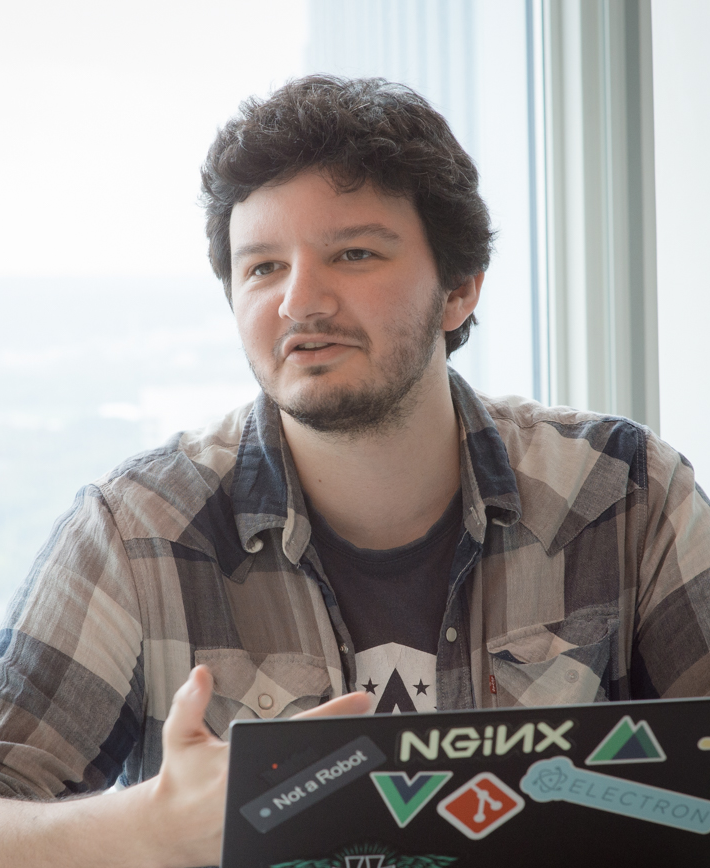A long-standing guiding principle in my field is something we like to call DRY, or Don’t Repeat Yourself. What’s the opposite of DRY? It’s WET, short for Write Everything Twice. Spoiler alert: As a software developer, you don’t want your code to be on the humid end of the scale.
DRY means not reproducing software patterns. The belief is this: If a line of code is repeated within a system, and then part of it has to be changed—for example, a button on a web page needs to change colors from black to green—you may have to update all the repeated lines of code for your green button to appear on the page. Conversely, if every line of code is unique and serves its own purpose, you won’t waste time making multiple updates to see one element change.
How does this tie into trade credit insurance? It has to do with questioning old processes, sharing knowledge and, well, crêpes.
DRY means not reproducing software patterns. The belief is this: If a line of code is repeated within a system, and then part of it has to be changed—for example, a button on a web page needs to change colors from black to green—you may have to update all the repeated lines of code for your green button to appear on the page. Conversely, if every line of code is unique and serves its own purpose, you won’t waste time making multiple updates to see one element change.
How does this tie into trade credit insurance? It has to do with questioning old processes, sharing knowledge and, well, crêpes.

